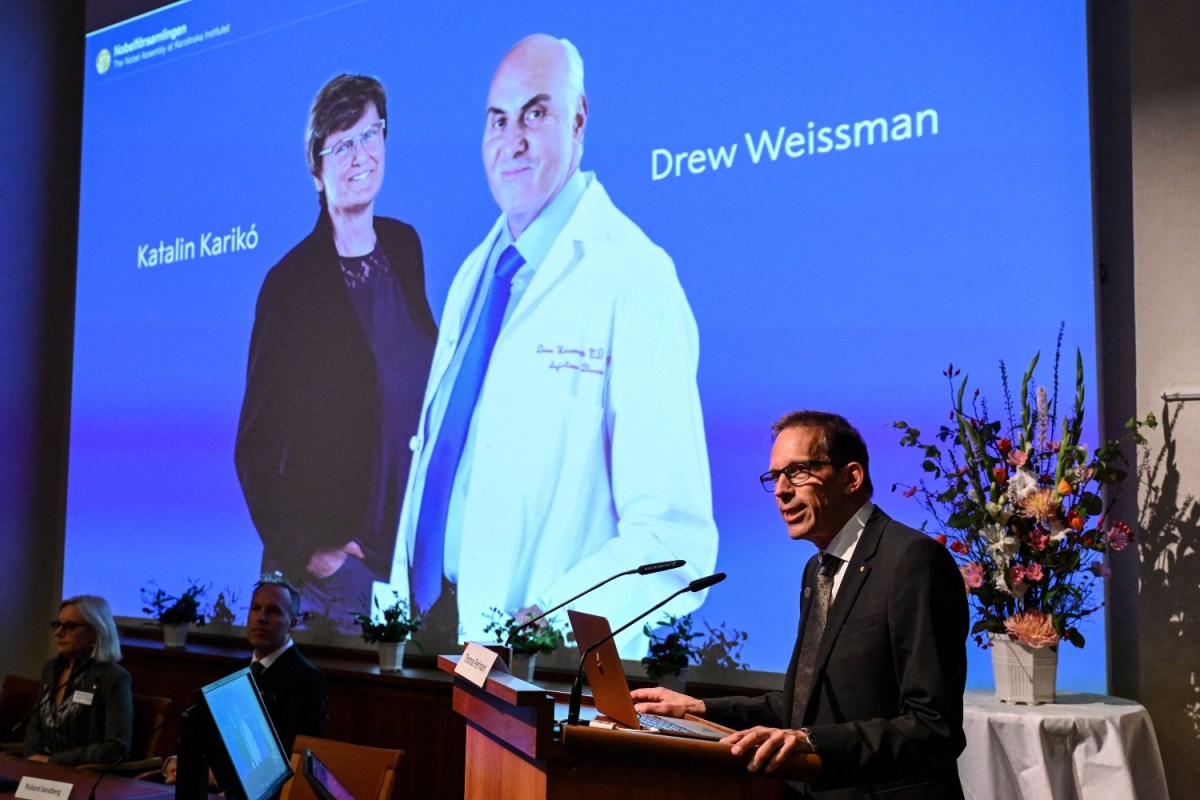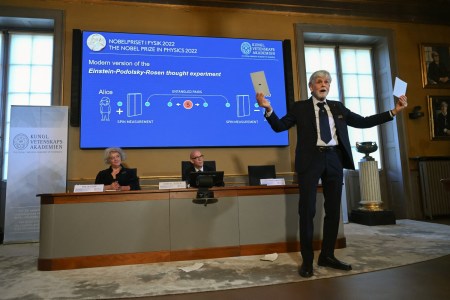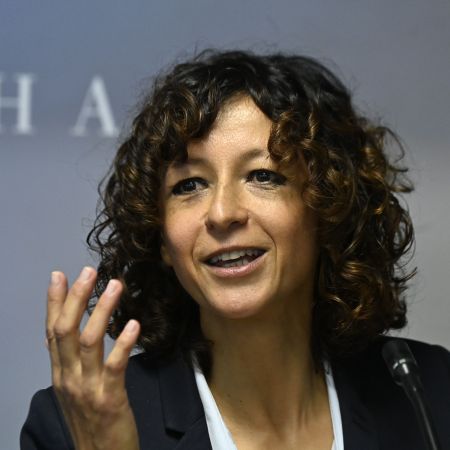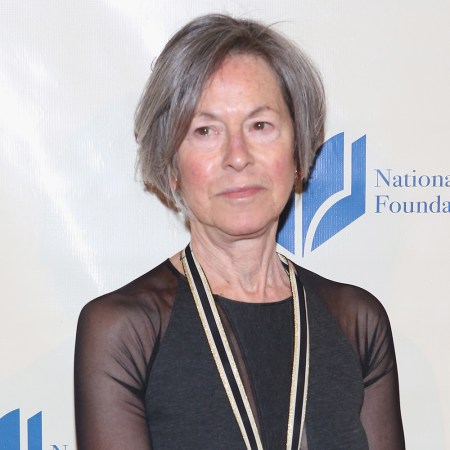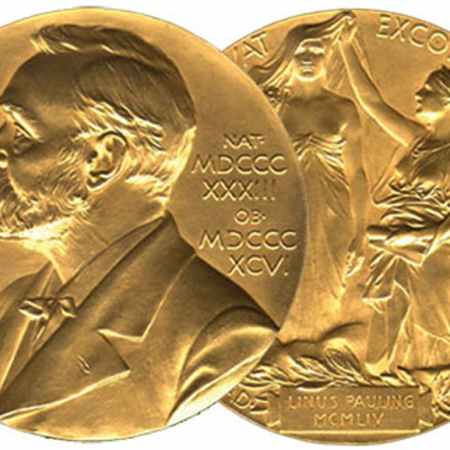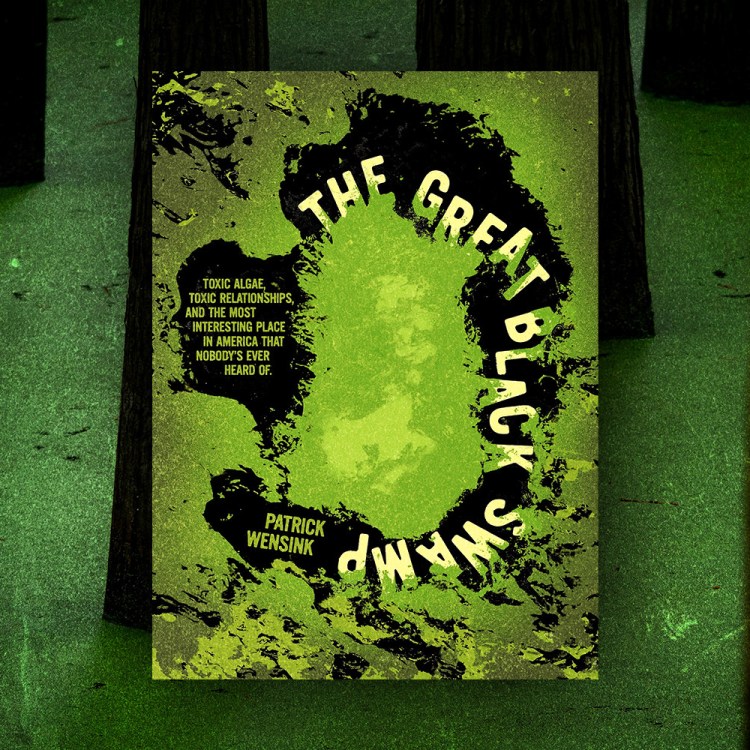In 2005, two scientists — Katalin Karikó and Drew Weissman — published a paper in which they found that mRNA could be “altered and delivered effectively into the body to activate the body’s protective immune system,” according to Penn Today. In 2020, their work became eminently relevant as the globe struggled to find a vaccine to reduce the impact of COVID-19. The work that Karikó and Weissman had done 15 years earlier proved essential to the creation of mRNA vaccines, which led the Nobel Assembly to award the two scientists this year’s Nobel Prize in Physiology or Medicine.
In announcing the award, the Nobel Assembly at Karolinska Institutet declared that the two scientists “have fundamentally changed our understanding of how mRNA interacts with our immune system.”
Karikó’s background is as a biochemist, while Weissman’s is as an immunologist. The two shared an interest in dendridic cells and began researching the way that bodies react to different forms of mRNA. Subsequent work by the duo further refined these ideas, leading the Nobel Assembly to point to their research as a crucial step towards the mRNA vaccines used during the pandemic.
Both Karikó and Weissman were working at the University of Pennsylvania at the time that they published this paper. Now, Weissman is the Roberts Family Professor in Vaccine Research and Director of the Penn Institute for RNA Innovations, while Karikó is on the faculty of Szeged University and Perelman School of Medicine at the University of Pennsylvania.
Nobel Prizes Are Increasingly Awarded Later in Scientists’ Careers
It’s an interesting shift over the decadesWhile mRNA vaccines for COVID-19 are probably the highest-profile examples of vaccines rooted in Karikó and Weissman’s work, they’re not the only ones. Similar technology is also being tested to treat HIV, influenza and forms of cancer. It’s not hard to see why Nobel laureates Karikó and Weissman are being so honored — and the full scope of their influence may not be measurable until decades from now.
Thanks for reading InsideHook. Sign up for our daily newsletter and be in the know.
